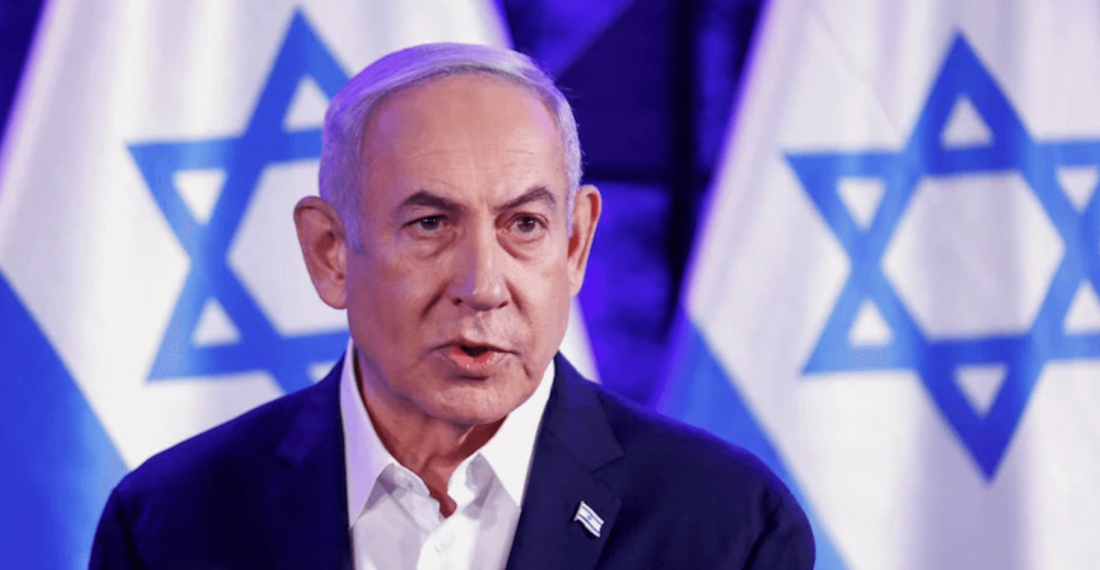Prime Minister Benjamin Netanyahu pulled the plug on Israel's war Cabinet on Monday (17 June). According to the Jerusalem Post, Netanyahu announced the decision to dissolve the cabinet at a cabinet meeting on Sunday (16 June).
The decision comes eight days after Minister Benny Gantz, a centrist member of Israel’s three-man war Cabinet, resigned from the cabinet. It also comes days after the Israeli army (IDF) announced that it would introduce tactical battle pauses to allow humanitarian aid through the Rafah border crossing in southern Gaza.
Netanyahu reportedly told ministers that a new cabinet would not be formed with the leaders of the coalition parties. This was originally the idea of controversial ministers Bezalel Smotrich and Itamar Ben-Gvir. Meetings and discussions will now take place in "restricted circles", according to the Jerusalem Post.
The war cabinet was established after the Hamas terror attack on 7 October last year. More than 1,200 Israelis were killed and hundreds taken hostage. More than 100 people are reportedly still trapped in Gaza. Their condition and the number of survivors is unclear.






